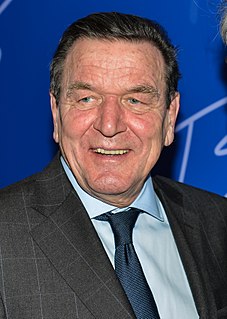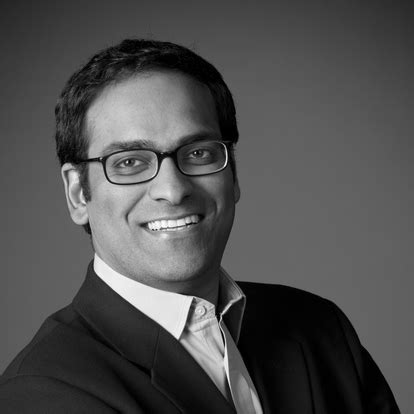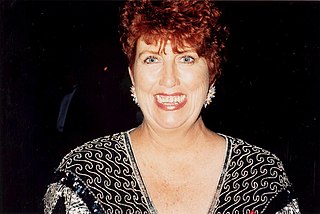A Quote by Gro Harlem Brundtland
The diagnosis is clear, the science in unequivocal-it's completely immoral, even, to question now, on the basis of what we know, the reports that are out, to question the issue and to question whether we need to move forward at a much stronger pace as humankind to address the issues.
Related Quotes
Therefore, this is a question of whether we, humans, can change our culture and begin to truly care for all Creation, nurture all Life and thereby avert our own extinction. As such, this is a deeply spiritual issue and we can begin to act today, regardless of age. But the good news is that this is not a question of whether we will change our culture, but a question of when.
I think the Resurrection continues to be a pivotal issue, a pivotal question for people. I think a lot of other issues have been raised in interim years, about the nature of truth, of course gender issues, issues involving social matters like abortion and euthanasia and so forth, those swirl about and change from time to time, but I think the fundamental question of whether or not Christianity is true ultimately goes back to the Resurrection.
But in the end, science does not provide the answers most of us require. Its story of our origins and of our end is, to say the least, unsatisfactory. To the question, "How did it all begin?", science answers, "Probably by an accident." To the question, "How will it all end?", science answers, "Probably by an accident." And to many people, the accidental life is not worth living. Moreover, the science-god has no answer to the question, "Why are we here?" and, to the question, "What moral instructions do you give us?", the science-god maintains silence.
There is no question that Hannity is a conservative. But I can tell you from personal experience after having worked with O'Reilly for years now, you never know where he is going to come out on an issue. He definitely leans right when it comes to certain social, traditional value issues, but he's all over the board on certain other issues.

































